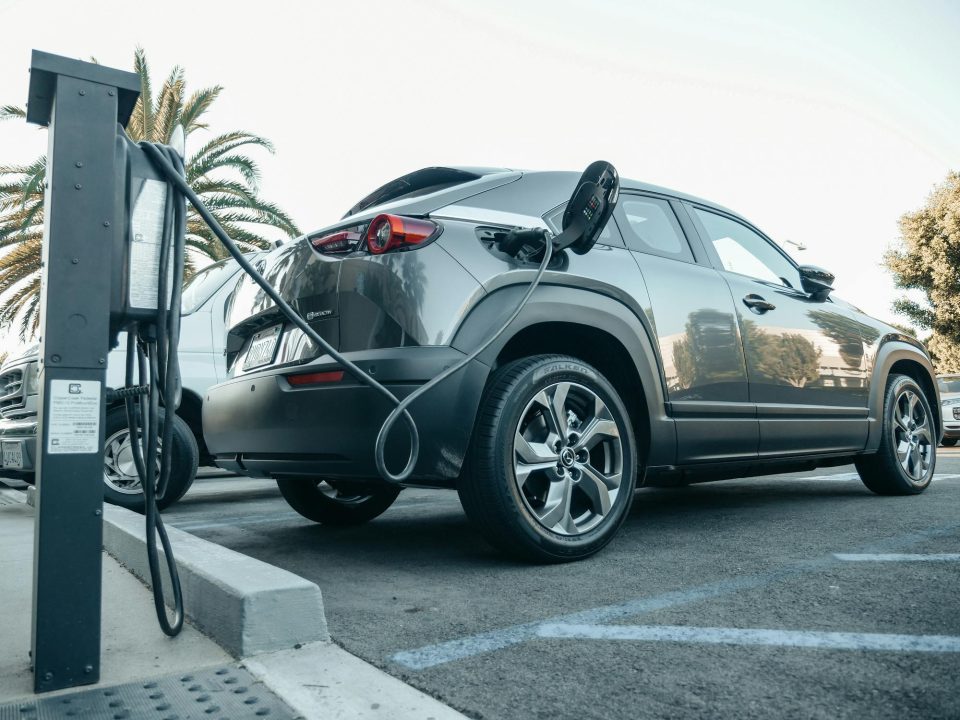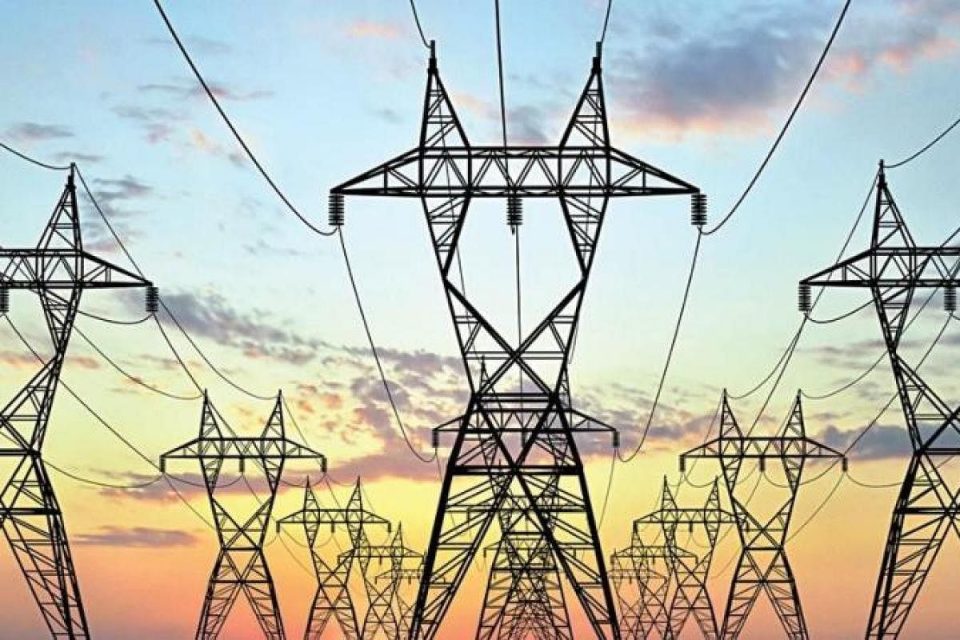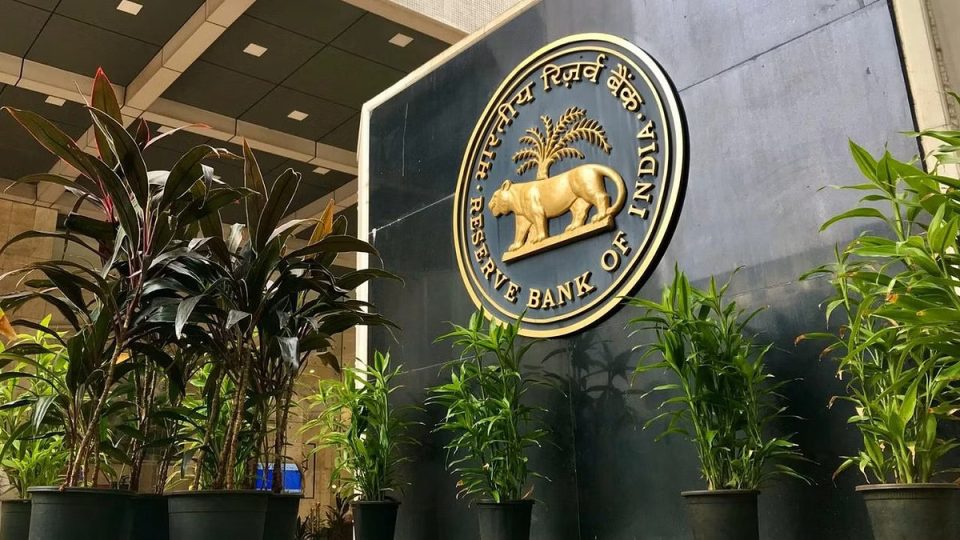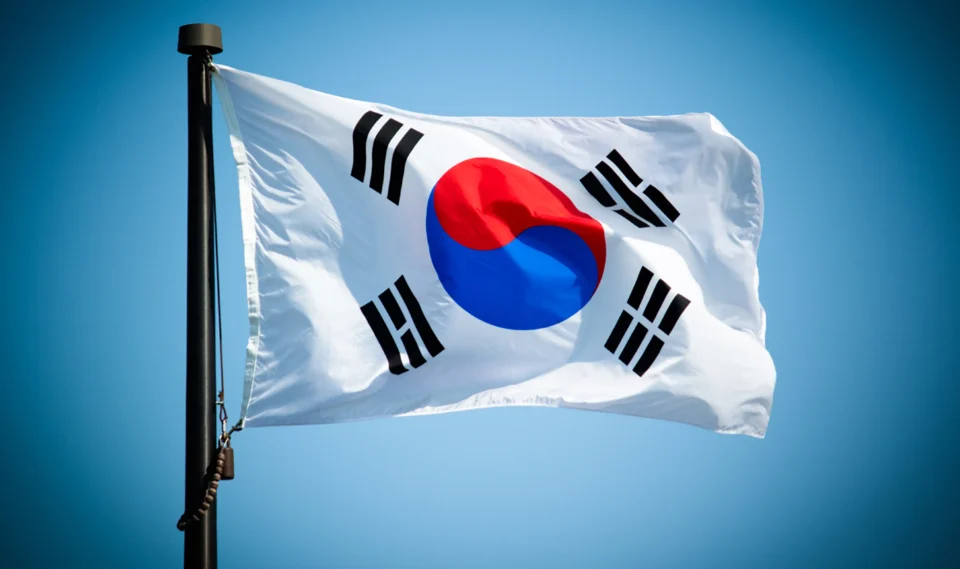According to HDFC Bank, the minimum balance should be maintained by its customer in their regular savings accounts. If any customer for regular saving account fails to meet the average monthly balance (AMB) will requirements leads to penalty charges payable by customer mention on HDFC Bank website. In metro and urban regions’ branches, the customers are required to maintain an average monthly balance of Rs 10,000 to avoid penalty charges, according to the lender’s website: hdfcbank.com. Similarly for semi-urban branches, customer should require to maintain an average of Rs 5000.
HDFC Bank’s maintain balance for its regular savings accounts:
For regular savings accounts in HDFC Bank in metro and urban branches set an average monthly balance of Rs 10,000. In semi-urban branches, customers are required to maintain a monthly average balance (AMB) of Rs 5,000 in their regular savings accounts, mention in HDFC Bank website. In rural branches, HDFC Bank customers are required to maintain an average quarterly balance (AQB) of Rs 2,500 to avoid penalty charges. According to the HDFC Bank website, customers holding a fixed deposit of Rs 10,000 and above for a minimum term of one year and one day are also exempt from the penalty charges. HDFC Bank charges a fee to the tune of Rs 150-600 not included taxes for insufficient balance in regular savings accounts held in its metro, urban and semi-urban branches.
Read EquityPandit’s HDFC Bank Outlook for the Week

China Halts Rare Earth Magnet Supply to India, EV Makers Face Setback

Indian EV and auto component manufacturers face production challenges as China halts rare earth magnet exports to India from 4th April.
Rare earth magnets are crucial for traction motors and other EV components, making the restriction a significant setback for the industry.
Indian manufacturers are seeking government assistance to mitigate supply chain disruptions and potential slowdowns in EV production.
New Chinese regulations require exporters to provide an end-user certificate confirming the magnets won’t be used for weapons or transferred to third parties, with approval needed from both the Indian Ministry of External Affairs and the Chinese Embassy.
EV Stocks Insights? Let the Analyst Guide You.
Tired of missing hot stocks? Unicorn Signals provides powerful tools like stock scans and more help you make informed trading decisions. Download now and take control of your portfolio!
PM Modi Urges Steel Industry to Cut Import Reliance

Prime Minister Narendra Modi said on Thursday that raw material security remains a major concern for India’s steel sector. Speaking at the India Steel 2025 event via video conference, he urged the industry to reduce reliance on imported coal and accelerate greenfield mining projects.
Calling steel the backbone of development, Modi said the sector is crucial to India’s $5 trillion economic vision. He highlighted India’s position as the world’s largest steel producer and one of the fastest-growing markets, emphasising the growing domestic demand driven by infrastructure, automotive, and defence sectors.
Citing the $1.3 trillion National Infrastructure Pipeline, Modi said the government’s development push is generating consistent steel demand. He also noted that Indian-made steel was used in the country’s first captive aircraft.
Looking ahead, the Prime Minister outlined goals of producing 500 million tonnes of steel by 2047 and exporting 25 million tonnes. He also called for manufacturing advanced ships in India and stressed the need for high-grade steel and stronger R&D efforts.
He urged collaboration between the public and private sectors to drive innovation and meet rising global standards.
Stay Ahead with Steel Stocks. Ask the Analyst.
Ready to invest like a pro? Unicorn Signals app equips you with 100+ Free tools and knowledge you need to succeed. Download the Unicorn Signals app and gain access to daily stock lists and insightful market analysis and much more!
UP Residents Face Higher Power Bills

Electricity bills in Uttar Pradesh are set to rise this month as UPPCL has increased the fuel surcharge for the first time in nearly five years. Consumers will now pay an additional 1.24% on their April power bills.
With this revision, power bills will fluctuate monthly—similar to petrol and diesel rates. For instance, if your March bill was Rs 1,000, you’ll now pay Rs 12.40 more as a fuel surcharge.
The hike comes after UPPCL allowed power distribution companies to determine the Fuel and Power Purchase Adjustment Surcharge (FPPPA) each month under the Multi-Year Tariff Regulation-2025. This is the first time companies will collect the surcharge directly from consumers.
However, the Uttar Pradesh Electricity Consumer Council has opposed the move. Its President, Awadhesh Verma, claimed UPPCL still owes Rs 33,122 crore to consumers and should have settled that amount before raising tariffs.
Got Stocks-Related Questions? The Analyst is Ready.
Unlock profitable opportunities every day! Unicorn Signals provides actionable intraday trading signals for stocks and futures. Don’t miss out – download Unicorn Signals and start winning now!
RBI Deputy Governor T Rabi Sankar Gets One-Year Term Extension

The Centre has extended the tenure of Reserve Bank of India (RBI) Deputy Governor T. Rabi Sankar by another year, effective from 3rd May 2025.
Sankar was first appointed as deputy governor in May 2021 for a three-year term. He received his first one-year extension in 2024, his second consecutive extension.
An official notification from the Secretariat of the Appointments Committee of the Cabinet (ACC) stated, “The Appointments Committee of the Cabinet has approved the re-appointment of Shri T Rabi Sankar as Deputy Governor, Reserve Bank of India, for a period of one year with effect from 03.05.2025 or until further orders, whichever is earlier.”
He joined the RBI in 1990 and has served in several departments. Before becoming deputy governor, he was Executive Director at the central bank.
The RBI’s top leadership includes Governor Sanjay Malhotra and four deputy governors — T. Rabi Sankar, M. Rajeshwar Rao, Swaminathan Janakiraman, and Poonam Gupta. The government appoints all.
Curious About A Stock? Ask the Analyst.
Ready to invest like a pro? Unicorn Signals app equips you with 100+ Free tools and knowledge you need to succeed. Download the Unicorn Signals app and gain access to daily stock lists and insightful market analysis and much more!
South Korea’s Early Trade Data Signals Export Decline After Tariffs

South Korea’s preliminary April trade data offers an early signal of how Donald Trump’s protectionist push is affecting global trade.
In the first 20 days of April, exports fell 5.2% year-over-year — a sharp turnaround from the 5.5% rise recorded in March.
The data, adjusted for working-day differences, showed exports to the US and China declined by 14.3% and 3.4%, respectively. In contrast, shipments to the EU rose 13.8%, while Taiwan saw a 22% increase.
The numbers come shortly after the US imposed a 25% tariff on auto imports and a 10% duty on other goods earlier this month. This follows metal import tariffs announced in March. The drop in exports underlines the vulnerability of South Korea’s export-driven economy.
Key sectors were hit hard — auto exports fell 6.5%, steel declined 8.7%, and oil products sank 22%. However, semiconductor exports rose 10.7%, offering a rare bright spot.
Overall imports dropped 11.8%, resulting in a trade deficit of $100 million. The US remains South Korea’s sixth-largest trading partner, and its trade surplus with the US surged 25% in 2024 to $55.7 billion — a key factor behind Trump’s tariff decision.
Automobiles and auto parts comprise a large share of South Korean exports to the US and are particularly at risk. The new auto tariffs could seriously impact the sector, which sent nearly half of its $70.8 billion in vehicle exports to the US last year.
South Korean officials, including Industry Minister Ahn Duk-geun and Finance Minister Choi Sang-mok, are heading to Washington this week to initiate trade talks. However, uncertainty looms with national elections set for 3rd June.
Meanwhile, the Bank of Korea kept its benchmark interest rate at 2.75% but flagged growing downside risks. Governor Rhee Chang-yong cited deteriorating trade conditions and political uncertainty as major concerns, warning of possible negative growth in the first quarter.
Ask the Analyst & get instant answer about any Stock.
Tired of missing hot stocks? Unicorn Signals provides powerful tools like stock scans and more help you make informed trading decisions. Download now and take control of your portfolio!






